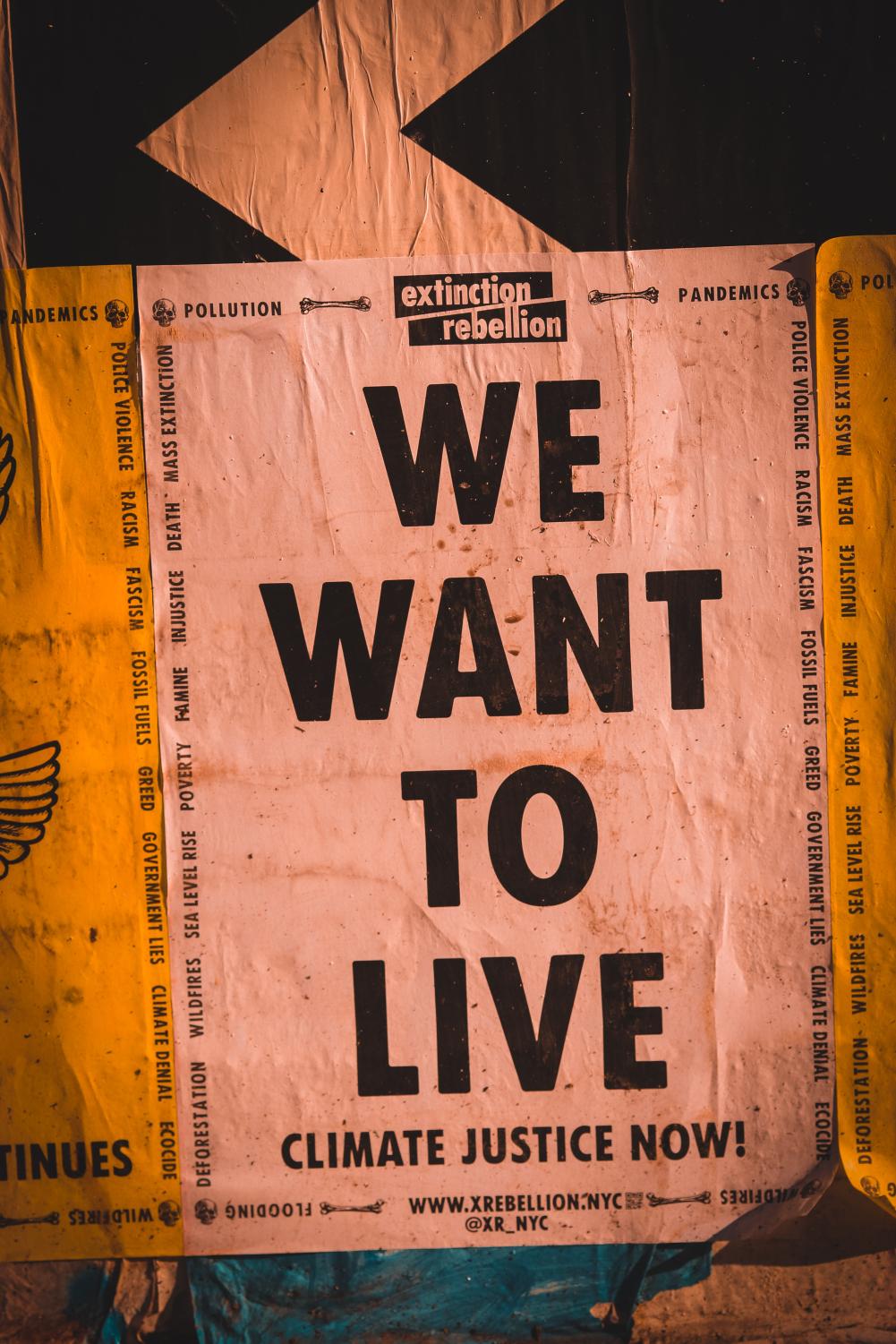Environmental racism is a complex issue that affects millions of people around the world, particularly those living in predominantly black and/or poor communities. The unequal distribution of environmental hazards and toxins in these areas is a clear example of systemic racism, and addressing this issue requires a joint effort from governments, corporations, and society.
Firstly, it is important to acknowledge that this is an issue. The first step in addressing environmental racism is to recognize that it exists. This includes understanding how marginalized communities are impacted by environmental hazards and that systemic inequalities are a root cause.
An article from Quartz states that “Environmental racism has left black Americans three times more likely to die from pollution.”
Secondly, it is necessary to address the systemic inequalities environmental injustice is rooted in, such as racism and classism. Addressing these inequalities is crucial in ending environmental racism. This can include policies that support the effected communities, such as affordable housing, equitable access to healthcare, and quality education.
A great example of equitable development in the U.S. is the ReGenesis Project in South Carolina. The EPA states that the intent of this project is to “Represent neighborhood interests in cleaning up contaminated and abandoned property as well as revitalizing the surrounding community.” So far, they have cleaned up 2 superfund sites and have provided safe and affordable housing for thousands.
The most important step in ending environmental racism is holding polluting industries accountable. The Urban Institute states that “Approximately 21 million people live within a mile of a superfund site, potentially exposing them all to harmful chemicals and toxins such as lead, arsenic, and mercury.”
Superfund sites are locations polluted with hazardous materials. According to Ballotpedia, “As of January 2016, among the 50 states, there were 1,303 Superfund sites.
Polluting industries should be held accountable for the negative impact they have on the environment and the health of communities. This can include enforcing regulations and laws, imposing fines and penalties, and requiring industries to clean up polluted sites.
Although Virginia doesn’t have many regulations that fight against environmental racism, it does have the Environmental Justice Act.
The Environmental Justice Act was passed in 2020 and according to the Virginia Conservation Network “Involves an essential procedural framework and set of actions required to ensure that environmental policies and programs represent and benefit all Virginians and do not cause disproportionate harm to low-income communities and communities of color.”
In conclusion, environmental racism is an issue that requires immediate action from governments, industries, and individuals. It is important to acknowledge the history of environmental racism, recognize the impact, and prioritize the voices of the people that are most affected.









Avis Ambers • Jun 26, 2023 at 12:09 pm
I’m glad you wrote about this. My family is one caught in the unfairness of environmental racism, this needs to be addressed immediately. At my age of 63 I shouldn’t have to live with mold that’s causing me health issues that ppl want to attack me in a negative way instead of fixing the problem